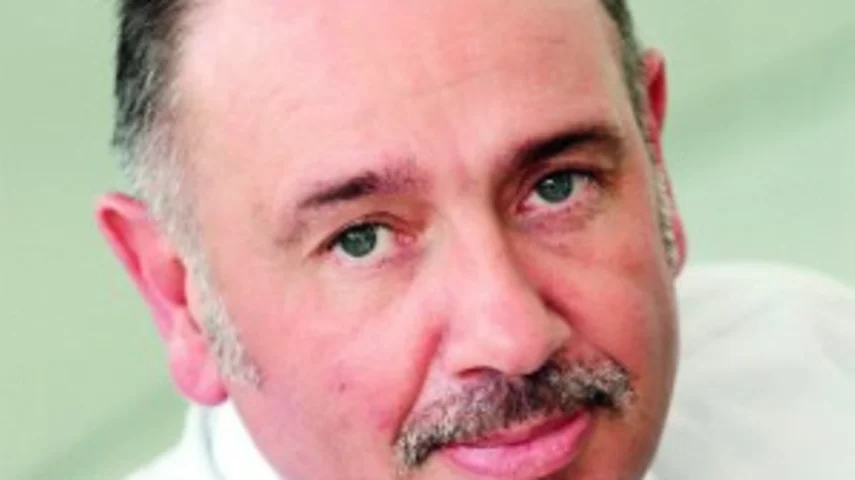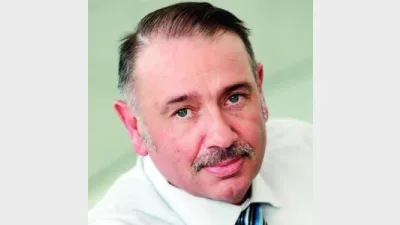Who will hold reins of professional standards body?



The Government's creation of an independent standards body will alter the dynamics of the financial planning industry and create a new hierarchy.
Who will the Minister for Revenue and Financial Services, Kelly O'Dwyer, appoint to the independent standards body being established by the Government and funded by the major institutions to oversee the professional standing of the financial advice industry?
It is a crucial question because, in most respects, the independent standards body has the potential to have more sway on the financial planning industry than the likes of the Financial Planning Association (FPA), the Association of Financial Advisers (AFA) or even the Financial Services Council (FSC).
Why? Because the independent standards body will have control over the education and professional standards which largely supplant those which have hitherto been overseen by the FPA and the AFA, including the Certified Financial Planner designation.
One has to assume, of course, that those running the FPA and AFA are vitally aware of the implications of an independent standards body formed within a Commonwealth company, the directors of which are appointed by the Federal Minister.
Equally, those expected to initially fund the body — the major banks and AMP — will be lobbying hard to ensure that their funding efforts are rewarded with a seat or seats at the table, while it would be unusual if the industry superannuation funds did not also raise their hands to be counted among the key stakeholders.
Convention suggests that the minister will look to ensure representation from within all the major stakeholder groups and will be mindful of the political dynamics such as those which exist between the FPA and AFA and the divide which exists between the planning organisations and the likes of the FSC and Industry Super Australia.
The broad operational arrangements under which the new standards body will operate clearly places it at the apex of educational and professional standards determinations, with the professional bodies taking up subordinate, supportive roles and carrying the burden of enforcement.
The minister's announcement said that, critically, there would be a single, uniform code of ethics under which advisers would operate, and that "professional associations and other independent third party monitoring bodies will develop compliance schemes to monitor and enforce advisers' adherence to the Code".
She said these compliance schemes would be approved by the Australian Securities and Investments Commission (ASIC) and that non-compliant advisers would be "subject to disciplinary action and sanction by the monitoring bodies".
The implications of the minister's words around sanctions and monitoring should not be lost on the boards of the FPA and AFA who will be acutely aware of the difficulty of not only overseeing adherence to the code of conduct but also meting out discipline where such action is deemed necessary.
Interestingly, the minister has not specified the requirements which would make "professional associations" and "other independent third party monitoring bodies" eligible to be a part of the new arrangements — something which will raise questions about the status of organisations such as the Association of Independently Owned Financial Professionals (AIOFP).
However, putting aside the intricacies and logistics of the new regime, one of the most welcome elements of the minister's announcement was confirmation of the pragmatic and highly realistic transitionary timetable.
As announced by the minister in late April, the new professional standards regime will commence on 1 January, 2019, with existing advisers having until 1 January, 2021 to pass the new exam and until 1 January, 2024 to reach degree-equivalent status.
The transitionary timetable is such that it not only allows appropriate time for attaining the necessary educational qualifications, but also time for older advisers to make an orderly exit if that is what they choose to do.
Recommended for you
In this episode of Relative Return Insider, host Keith Ford and AMP chief economist Shane Oliver discuss the latest shock consumer price index numbers, which rose to 3.8 per cent in October, as well as the shifting US market and calls for super funds to invest in infrastructure projects.
In this episode of Relative Return Insider, host Keith Ford and AMP chief economist Shane Oliver discuss the Reserve Bank of Australia’s cautious stance in response to persistent inflation, subdued growth prospects, and political shifts affecting the nation’s journey towards net zero emissions.
In this episode of Relative Return, host Laura Dew speaks with Rachel White, head of financial adviser services at Vanguard about how advisers can help Australians to feel confident in retirement.
In this episode of Relative Return Insider, host Keith Ford and AMP deputy chief economist Diana Mousina take a look at the Reserve Bank’s unanimous decision to leave rates on hold on Melbourne Cup Day and whether future cuts are still on the cards.








